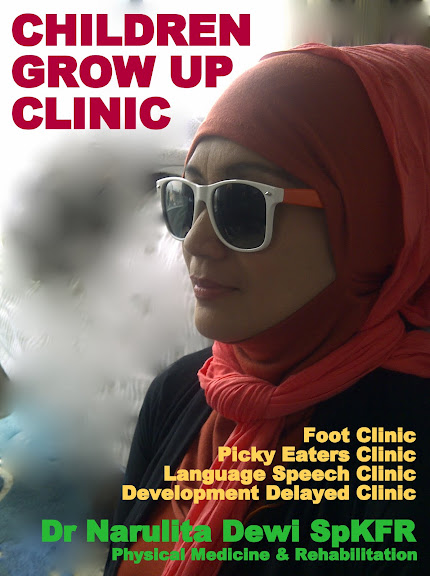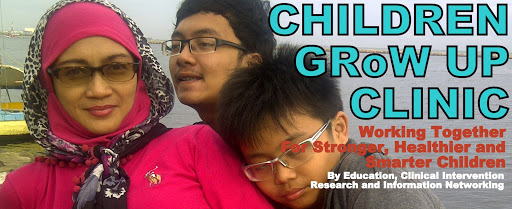Neurobehavioral Outcomes of School-age Children Born Extremely Low Birth Weight or Very Preterm in the 1990s
Peter Anderson, PhD; Lex W. Doyle, MD, FRACP; and the Victorian Infant Collaborative Study Group
ABSTRACT
Context The outcome into school age of regional cohorts of children born in the 1990s with birth weights less than 1000 g (extremely low birth weight, ELBW) or earlier than 28 weeks’ gestation (very preterm) is not known.
Objective To determine the cognitive, educational, and behavioral outcome of ELBW or very preterm infants born in the 1990s compared with normal birth weight (NBW) controls.
Design Regional cohort study.
Setting Victoria, Australia.
Participants The ELBW or very preterm cohort was composed of 298 consecutive survivors born during 1991-1992. The NBW cohort was composed of 262 randomly selected children with birth weights of more than 2499 g.
Main Outcome Measures Cognitive ability, educational progress, and behavioral problems.
Results The follow-up rates from birth to 8 years of age for survivors were 92.3% (275/298) for the ELBW or very preterm cohort and 85.1% (223/262) for the NBW cohort. The ELBW or very preterm children scored significantly below NBW controls on full-scale IQ (mean difference, –9.4; 95% confidence interval [CI], –12.1 to –6.7; P<.001) and indices of verbal comprehension (mean difference, –6.8; 95% CI, –9.5 to –4.2; P<.001), perceptual organization (mean difference, –9.9; 95% CI, –12.7 to –7.2; P<.001), freedom from distractibility (mean difference, –8.1; 95% CI, –10.8 to –5.5; P<.001), and processing speed (mean difference, –6.7; 95% CI, –9.4 to –4.0; P<.001). The ELBW or very preterm children performed significantly worse than the NBW cohort on tests of reading (mean difference, –6.7; 95% CI, –9.5 to –3.9; P<.001), spelling (mean difference, –5.6; 95% CI, –8.0 to –3.3; P<.001), and arithmetic (mean difference, –8.8; 95% CI, –11.3 to –6.2; P<.001). Attentional difficulties, internalizing behavior problems, and immature adaptive skills were more prevalent in the ELBW or very preterm cohort.
Conclusion School-aged ELBW or very preterm children born in the 1990s continue to display cognitive, educational, and behavioral impairments.
KEYWORDS: child development, cognition disorders, infant, low birth weight, infant, premature.
Source : Royal Women's Hospital (Drs Anderson and Doyle), Murdoch Childrens Research Institute (Dr Anderson), and University of Melbourne (Dr Doyle), Melbourne, Australia.
supported by
CHILDREN GRoW UP CLINIC Yudhasmara Foundation Inspirasi Orangtua, Tumbuhkan Anak Semakin Sehat, Kuat dan Cerdas
 CHILDREN GRoW UP CLINIC I Jl Taman Bendungan Asahan 5 Bendungan Hilir Jakarta Pusat 10210, phone (021) 5703646 – 44466102
CHILDREN GRoW UP CLINIC I Jl Taman Bendungan Asahan 5 Bendungan Hilir Jakarta Pusat 10210, phone (021) 5703646 – 44466102- CHILDREN GRoW UP CLINIC II MENTENG SQUARE Jl Matraman 30 Jakarta Pusat 10430, phone (021) 44466103
- email :
- http://childrengrowup.wordpress.com
WORKING TOGETHER SUPPORT FOR STRONGER, SMARTER AND HEALTHIER CHILDREN BY EDUCATION, CLINICAL INTERVENTION, RESEARCH AND INFORMATION NETWORKING. Advancing of the future pediatric and future parenting to optimalized physical, mental and social health and well being for fetal, newborn, infant, children, adolescents and young adult
LAYANAN KLINIK KHUSUS “CHILDREN GRoW UP CLINIC”
PROFESIONAL MEDIS “CHILDREN GRoW UP CLINIC”
|
Clinical – Editor in Chief :
 Dr WIDODO JUDARWANTO SpA, pediatrician
Dr WIDODO JUDARWANTO SpA, pediatrician
- email :
- curriculum vitae
- For Daily Newsletter join with this Twitter https://twitter.com/WidoJudarwanto
Information on this web site is provided for informational purposes only and is not a substitute for professional medical advice. You should not use the information on this web site for diagnosing or treating a medical or health condition. You should carefully read all product packaging. If you have or suspect you have a medical problem, promptly contact your professional healthcare provider

Copyright © 2012, CHILDREN GRoW UP CLINIC Information Education Network. All rights reserved











